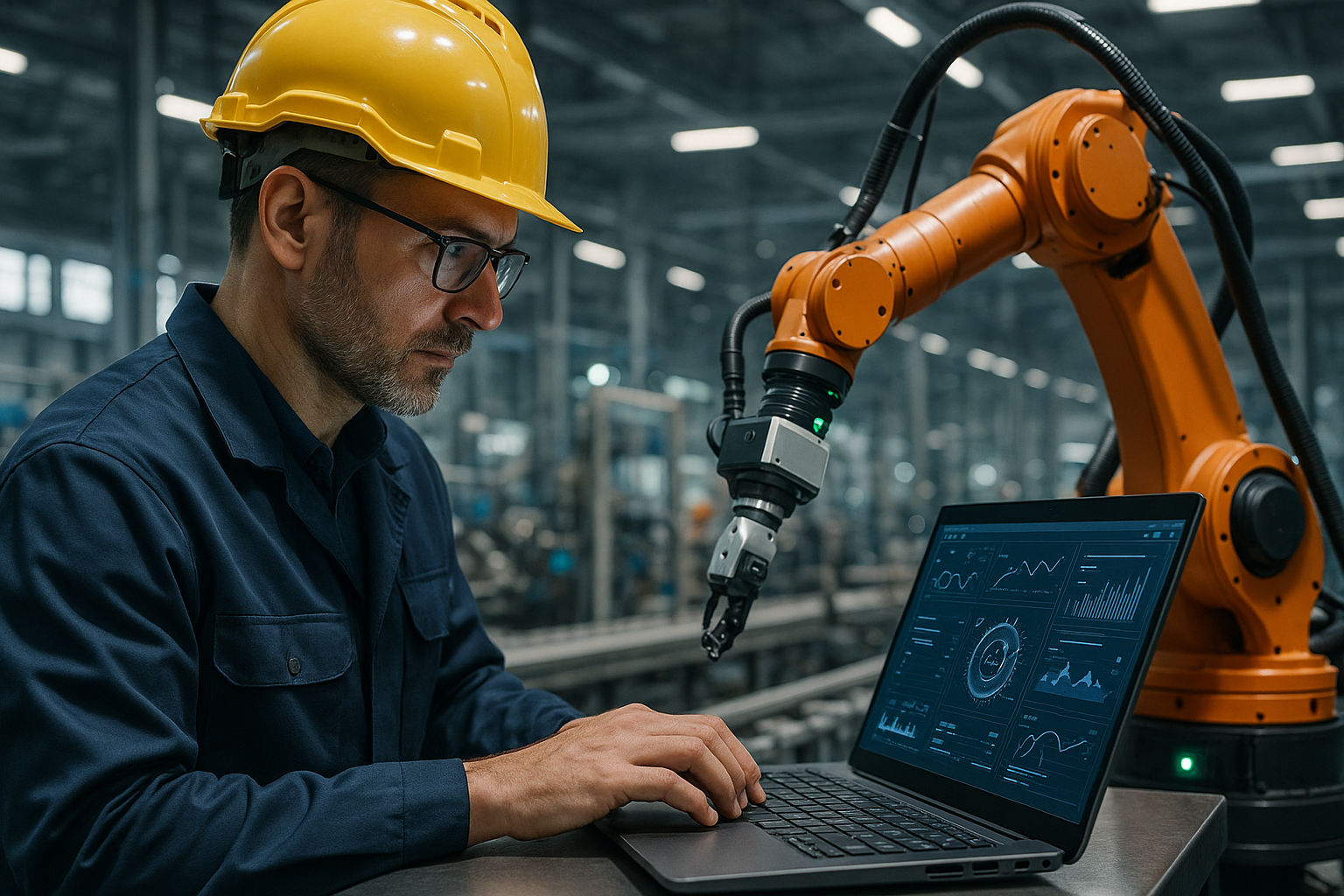Manufacturing Jobs and Career Paths in the Netherlands
Manufacturing covers a wide range of activities, from assembling consumer products to running automated production lines. This article outlines common roles, training and education routes, and how a manufacturing career can develop in the Netherlands. The focus is on practical guidance about skills, learning pathways, and workplace contexts without implying specific active job listings or openings.

What roles exist in manufacturing?
Manufacturing roles range from hands-on technical positions to supervisory and engineering roles. Examples include production operator, maintenance technician, quality inspector, process engineer, and automation specialist. Positions vary by industry—food processing, electronics, machinery, and chemicals each emphasize different skills. Many roles require a combination of technical know-how, attention to detail, and the ability to follow safety and quality procedures. Soft skills such as teamwork, problem solving, and basic digital literacy are increasingly valued as production environments adopt more automation and data-driven systems.
How can you begin a manufacturing career?
Entry into manufacturing can start through vocational programs, apprenticeships, or on-the-job training programs offered by employers and training institutions. Practical experience is commonly gained through internships or trainee positions where basic machine operation, safety protocols, and quality checks are taught. Career starters should focus on building transferable technical skills—reading technical drawings, basic electrical or mechanical troubleshooting, and using digital manufacturing tools. Clear workplace health and safety knowledge is essential. Networking with vocational schools, training centers, or local industry associations can clarify available learning pathways without implying specific employment opportunities.
What training supports manufacturing work?
Training for manufacturing spans short courses to multi-year vocational tracks. Short courses often cover specific skills like welding, PLC (programmable logic controller) basics, electrical safety, or CNC (computer numerical control) machining. Longer vocational programs combine classroom learning with practical workshops and simulated production environments. Many programs include certifications or competency assessments recognised by employers. Continuous professional development—through refresher courses or modular training in areas such as automation, robotics, and quality management—helps workers adapt as manufacturing technologies evolve. Training providers may include technical colleges, private institutes, and employer-sponsored programs.
What education pathways apply in the Netherlands?
In the Netherlands, education routes for manufacturing commonly include mbo (secondary vocational education), hbo (higher professional education), and university programs for engineering and applied sciences. Mbo programs typically offer practical, workplace-oriented training suited to roles like technician or operator. Hbo programs prepare graduates for technical middle-management and engineering roles, while universities focus on research and advanced engineering disciplines. Industry collaborations with educational institutions are common, offering internships or project work that bridge classroom learning with practical skills. Prospective students should review curricula and practical components to match the level of education with intended career paths.
How do careers progress and skills develop?
Career progression in manufacturing often moves from operator or technician roles into specialist, supervisory, or engineering tracks. Advancement is supported by gaining certifications, completing further education, and demonstrating competence in areas such as process optimization, maintenance strategy, or quality systems. Cross-disciplinary skills—combining mechanical, electrical, and IT knowledge—are valuable as production systems integrate sensors, data analytics, and robotics. Leadership and project management skills also become important for roles overseeing teams or continuous improvement projects. Lifelong learning and adaptability are practical cornerstones for sustained career development in manufacturing contexts.
Conclusion
Manufacturing jobs offer varied career paths that combine practical technical work with opportunities to develop specialized and managerial skills. Training and education options—from vocational courses to higher education—support entry and advancement, while continuous skill development aligns with increasing automation and digitalisation. Information here is intended to describe pathways and competencies rather than indicate the presence of specific, active job listings or recruitment opportunities.






